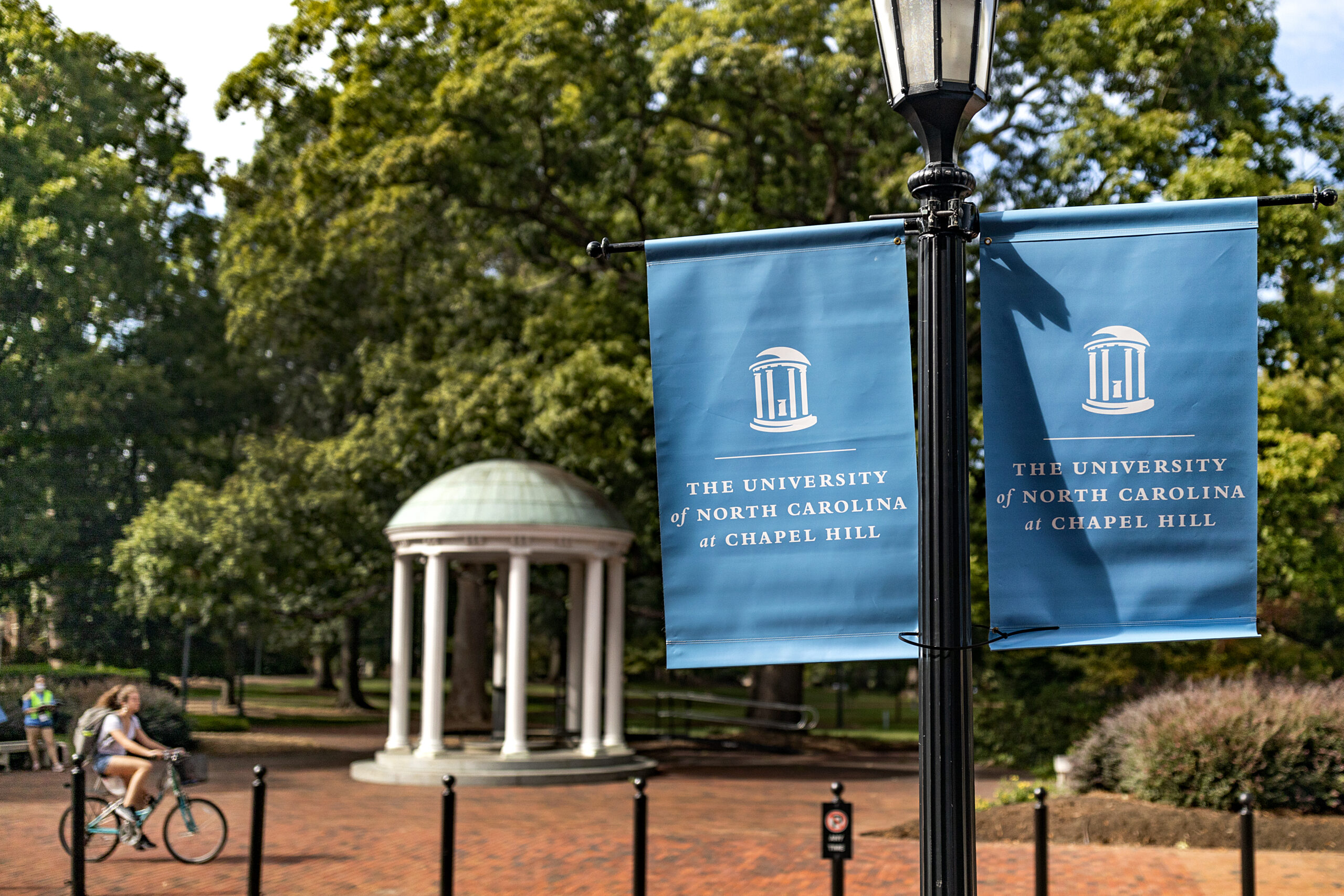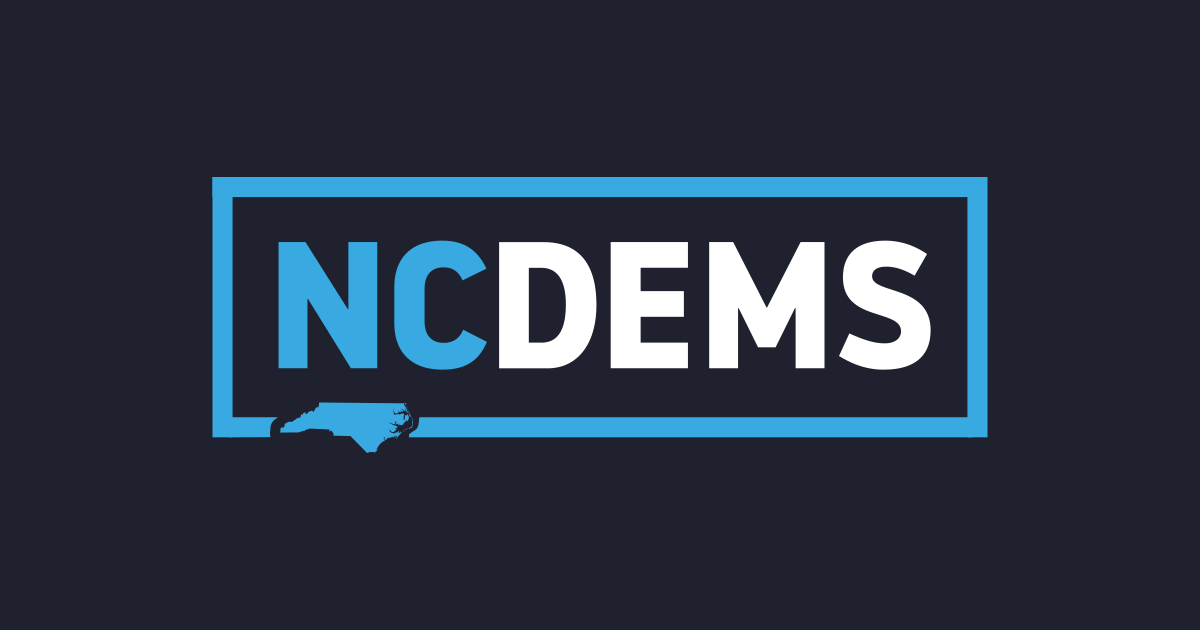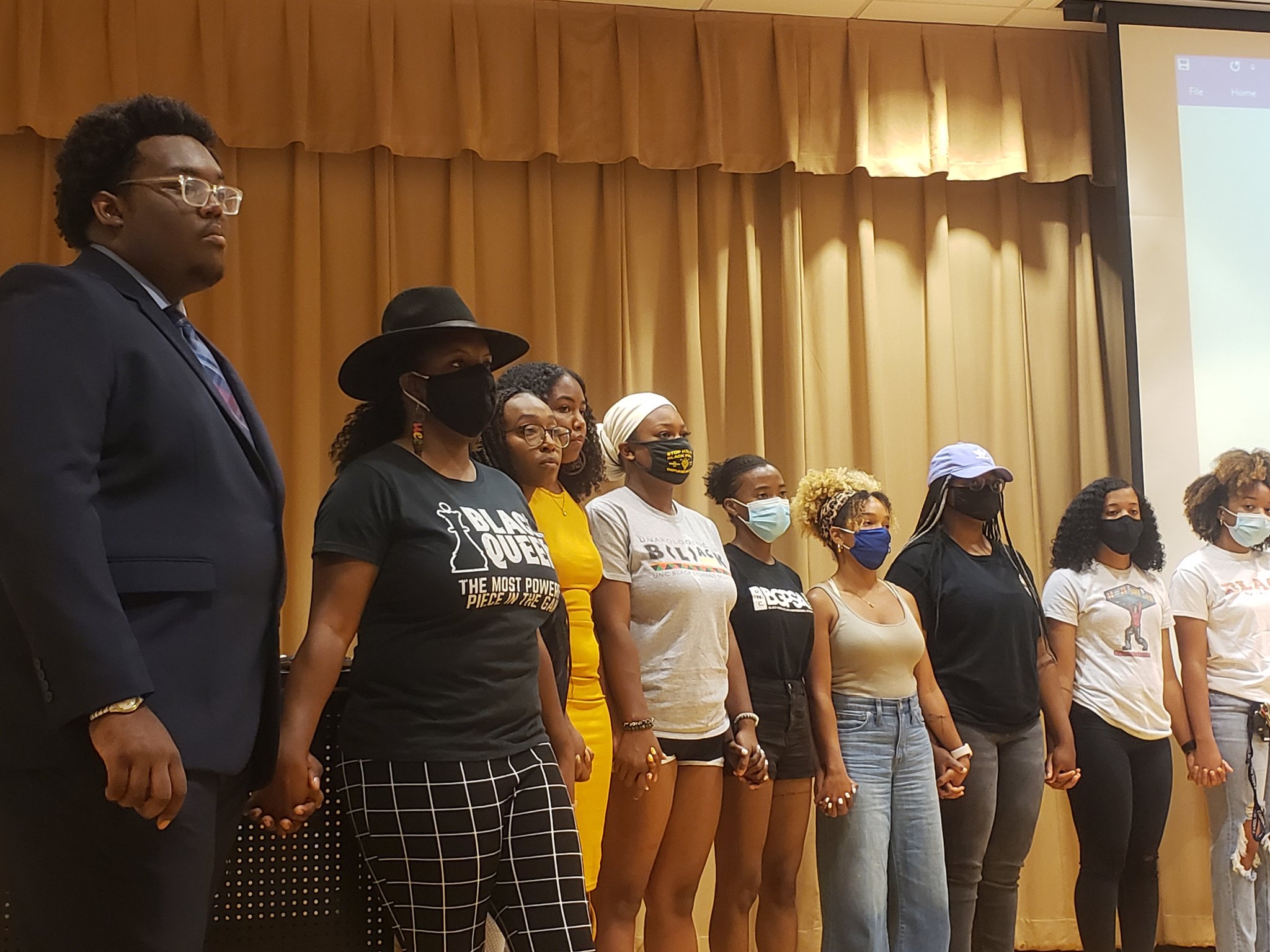CHAPEL HILL – Carolina Black Caucus chair Dr. Deborah Stroman says the continued focus on claims of illiteracy at UNC have caused damage to the university.
“I would like to believe that there was no maliciousness in what was done, but you have the collateral damage, and then you have those forces that do not act in a loving way,” Stroman says. “They come from a place of fear, and that hurts.”
***Listen to the Interview***
Mary Willingham shared her research with CNN which released the findings in an article on January 8. The article stated that Willingham said a large number of UNC student-athletes can’t read.
The University released numbers a week later that debunked what’s been deemed as the CNN standard and said that 97 percent of student-athletes actually met or exceeded that standard in an analysis spanning eight years.
The Caucus released a statement of unity Saturday—the first day of Black History Month. Among other statements, it references the continued focus on the African, African American, and Diaspora Studies Department—formerly the African and Afro-American Studies or AFAM department—and says the department has been unfairly attacked, overly investigated, and that it’s legitimacy has been repeatedly questioned.
“There was certainly—and the reports show it—that there were some injustices done,” Stroman says. “What I mean by injustice is the sense that we did not do our best in teaching young people in particular courses; the Martin Report called it no-show classes. That was wrong; we admitted that wrong; we realized that we made a mistake; we apologized; we made recommendations; we made changes; we’ve hired, and we’ve fired; and still it’s not enough. Should we be tarred and feathered and dragged up to Franklin Street? Let us heal.”
In 2007, North Carolina brought in NFL coach Butch Davis in an attempt to create a more competitive football program. However, during Davis’ tenure, NCAA investigations were conducted looking into improper benefits provided by agents to current UNC students. The investigation also uncovered improper academic benefits which led to the uncovering of problems in the AFAM department. In 2010, Davis was fired from UNC.
Money is at the heart of big time college athletics and is the driving force behind schools wanting to be at the top. Many people have pointed to the collegiate governing board of athletics, the NCAA, as the source of this problem.
Stroman is an alumna of the University of Virginia where she played basketball. She earned her graduate degree from UNC and spent time on the coaching staff for the Tar Heels. She now serves as an analyst for the Tar Heel Sports Network for women’s basketball broadcasts.
She says there’s a consensus among people in and around college athletics that the NCAA needs change.
“We know there’s a strong economic force here; there are a lot of people who make a lot of money off of what we enjoy,” Stroman says. “I don’t want to say it’s a push-pull; I don’t want to say it’s an us-them. We have to hear from the voices of the student-athletes. What is best for their experience? We have to hear from the community because we pay the bills. We watch the commercials; we pay the bills. We buy the products and services. We have to hear from the coaches. They’re educators. That’s why we have athletics on our campuses. And (we) certainly (have to talk to) the administrators. So, I am certainly for reform of the NCAA.”







Comments on Chapelboro are moderated according to our Community Guidelines